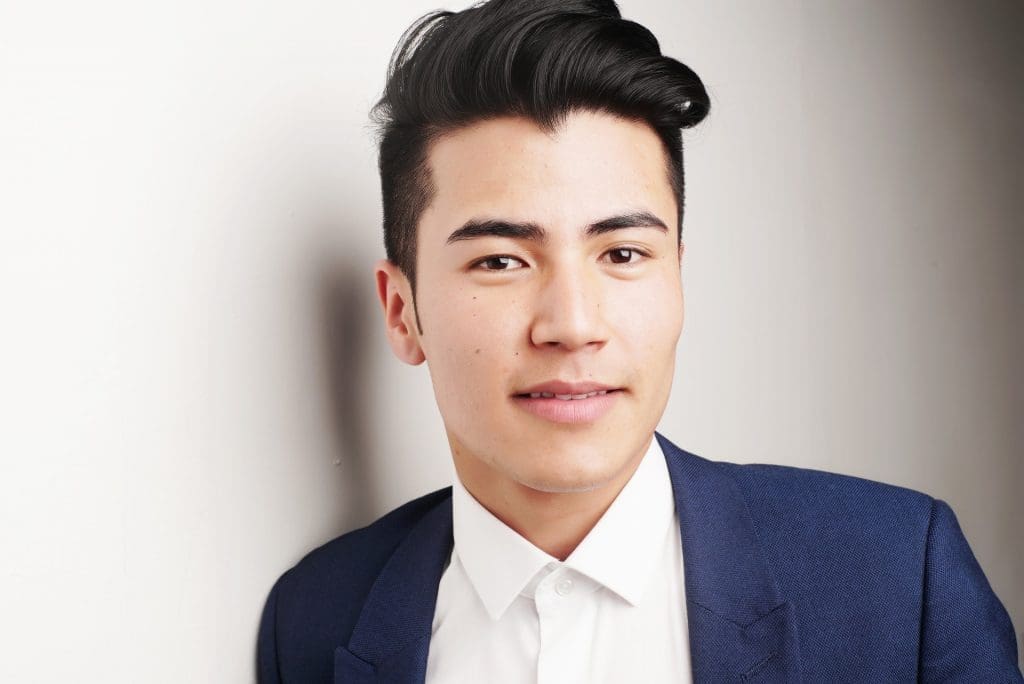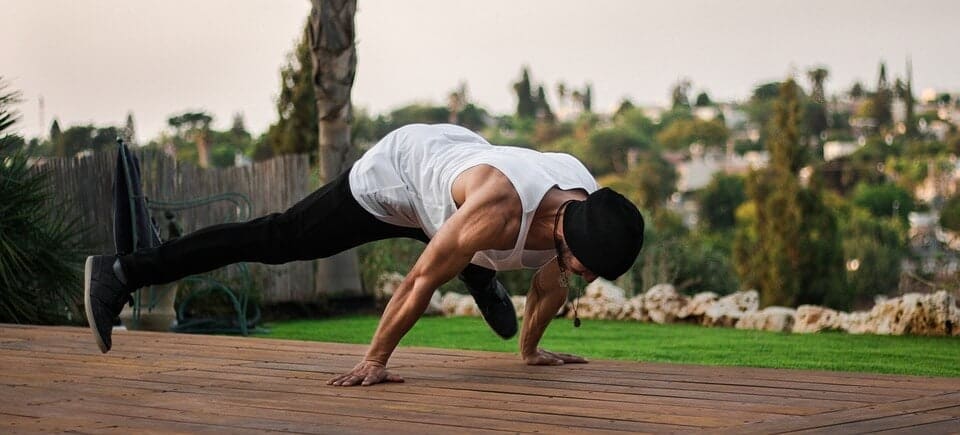How to Ensure Your Hair Stays Healthy as you Age?
Everyone has to deal with aging and the changes it brings. Lack of sleep, binge drinking, and stress have more substantial effects on your body as you grow older. Your knees don’t bend as they did before, you can’t run as fast, and your eyes look terrible if you don’t get a good night’s sleep. And, yes, your hair changes too. However, there are ways to cope. Understanding how your body works and responds is the first step to ensure your hair stays healthy.

As we grow older, hair follicles diminish their activity, leading to thinner hair. Melanin production –the substance that gives hair its color– is lower, so you start spotting some gray strands at the top of your head. And, if you don’t have a proper hair care routine, it can feel overly dry and look dull. Most hair-care brands offer products to take care of your hair as you age, such as an advanced hair supplement or a deep moisturizing shampoo. But, if you want to ensure that your hair stays healthy as you age, you need to make changes in your beauty routine. Here are some of the best expert tips to make sure your mane remains shiny and beautiful:
It’s all About Nutrition
What we eat affects our whole body. A balanced, nutrient-rich diet is the first way to ensure healthy and strong hair as you grow older. Certain nutrients are linked explicitly to healthy hair. These include:
- Protein, which is the building block of hair.
- Vitamins, especially A, C, B7, B3, E, and D
- Minerals, mainly zinc and iron
- Fatty acids such as omega3 and omega6
A colorful plate is the best way to ensure you are getting all the nutrients you need. Include plenty of vegetables and fruit, protein (prefer lean protein), carbohydrates, and good fats. Also, make sure to drink plenty of water. Hydration is essential, not only for healthy hair but also for healthy skin and nails.
Show Your Hair Some Love


Tight hairdos such as buns and ponytails can damage hair follicles. Heat-based styling routines –such as the use of hot rollers, curling irons or blow dryers– daily can have a very harmful effect on hair. Over-brushing, the use of chemicals such as those found in coloring products or hairspray, and lack of moisturizing agents all have an impact on how your hair looks in the long run. To maintain healthy and strong hair, you need to go easy with the styling and make sure you treat your hair to repair the damage. Some useful tips are:
- Alternate between heat-based styling and natural hair
- Choose sulfate, paraben and silicone-free hair products
- Apply a moisturizing mask at least once a week
- Chance your brush for a wide-toothed comb
- If your hair tends to get tangled easily, detangle from the top down and use a detangling spray or cream
- Use a moisturizing conditioner daily
Understand Your Hormones
Hormones have essential effects on hair health. Hormonal changes such as menopause will most likely change your hair’s health. Regular visits to your doctor will let you know if you are undergoing significant hormonal changes and how to prepare for them. Eating a diet rich in flavonoids, for example, will ease some of the adverse effects of menopause. Certain types of exercise can also be beneficial. Sometimes, hormone replacement therapy is prescribed. Because no two bodies are precisely the same, it is essential to understand your changes and take appropriate measures to deal with them.
If your hair seems to be thinning at a swift pace, or if you are experiencing sudden and significant hair loss, your thyroid may be to blame. Talk to your doctor to determine if further tests are necessary.
Chill Out
Stress has significant effects on overall health, and it also affects your hair. Hair loss is relatively common during stressful life events, such as a change of jobs or during a review process at work. Keeping stress at bay is very important if you want your hair to look fabulous. But how to do it? Exercise is your best ally. If you are not a fan of gyms or trainers, a walk around the corner can do the trick. Meditation has proven to be useful too. Cut down your caffeine intake and avoid smoking. For some people, herbal teas and aromatherapy help manage stress.




